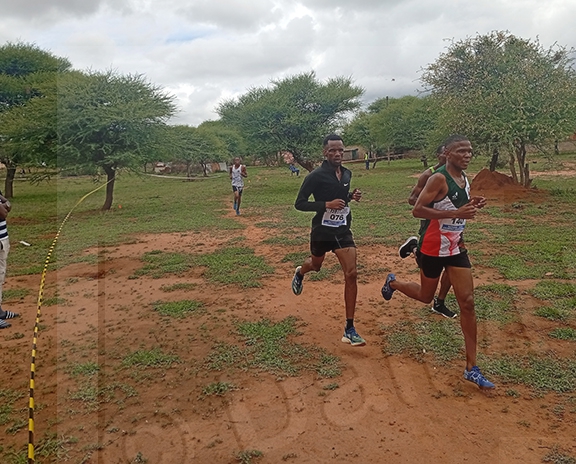Amantle B sample positive8232
14 Aug 2014
Botswana’s 400 metres athlete, Amantle Montsho is likely to face a two-year ban, after her drug test B sample tested positive.
The former 400m Commonwealth Games and World champion was provisionally suspended after her A sample failed a doping test during the 2014 Commonwealth Games that recently came to an end in Glasgow, Scotland.
Her A-sample tested positive for banned stimulant methylhexaneamine, and another test was carried out which also tested positive. Amantle, 31, could be banned for two years if found guilty.
After the hearing, the committee will then refer the case to World Anti-Doping Agency, a body which has powers to slap Montsho with a two-year ban or reprimand her depending on the gravity of the matter .
If found guilty, and is banned she will be unable to compete at major events such as the 2013 IAAF World Championships and possibly the 2016 Olympic Games in Rio, Brazil.
In an interview, the Forensic Psychiatry, Tammi Mtungwa said doping does not entail playing or competing fairly in order to succeed.
By doping, he added athletes attempt to beat the system and rules that society has established.
She added that while society has witnessed this spiked popularity in athletes doping, some individuals jump to conclusions to either condemn or defend these athletes.
Mtungwa said the society does this without considering the middle ground and therefore individuals have formulated their own, often unfair and harsh judgments.
She said although public outcry is necessary and expected, it is vital for society to send a clear message on its treatment of doping.
“If we consider doping to be a mistake or an example of failure, then a failure is only beneficial if we learn from it.
This controversial time calls for a period of reflection for the athlete and our society,” she said.
Furthermore, she said, “Why does it matter if Botswana succeeds in sports? The answer lies in the fact that athletic achievements allow for feelings of national superiority and pride.”
Mtungwa said even though the society is all amazed by athlete’s achievements, people’s expectations keep rising because athletes face the constant pressures of carrying their nations to victory.
Some people, she said, would say athletes have diminished responsibility for their actions because they are burdened by society’s high expectations.
According to Mtungwa, a group of people emphasises the unfairness of the situation saying the athletes are either condemned for doping or condemned for losing.
“Perhaps, this recent rise in doping demonstrates that athletes would rather gain the glory, even if stripped of everything later, than never be glorified yet others state that the decision to dope and cheat is always an individual choice,” she said.
She noted that the athlete is fully responsible because each person must hold himself/herself to a standard regardless of whether the choice is deemed public or private, the athlete’s decision to dope affects all of society.
Just as people choose sides during a football game, they also do same in these controversies, therefore the arguments involving emotions are sometimes the most difficult to articulate.
However, she advised athletes to be professional when competing and representing their countries.
Athletes should understand the responsibilities of a professional, because their years of hard work and dedication could be erased by the effects of doping, and also resulting in the society forgetting the athlete’s years of persistence and sacrifice.
Mtungwa further said although athletes have become the ambassadors of their nations, how they respond to pressure manifests their true characters. ENDS
Source : BOPA
Author : Anastacia Sibanda
Location : GABORONE
Event : Interview
Date : 14 Aug 2014







